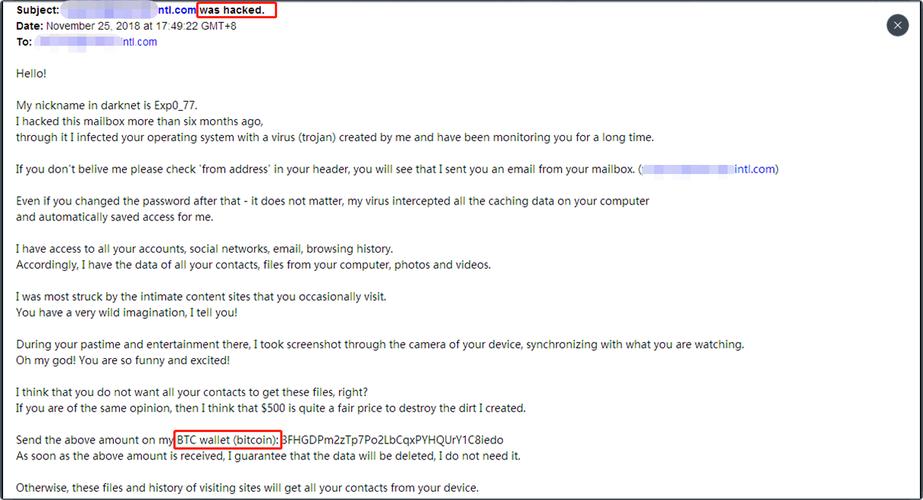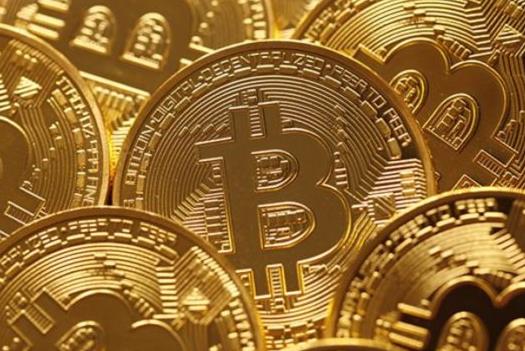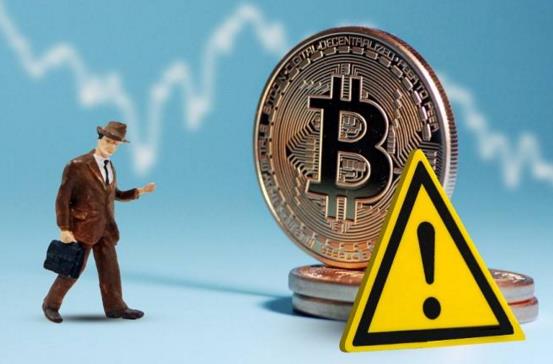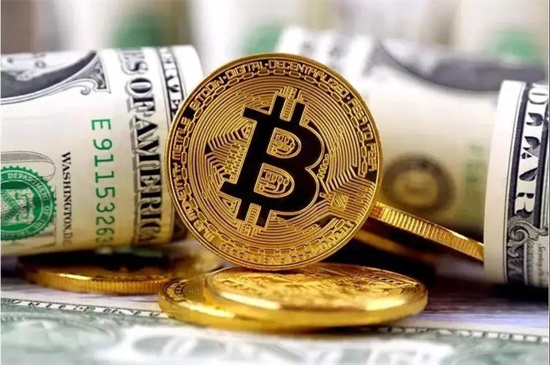
The recent rise in the number of emails demanding payment in Bitcoin have become a serious problem for many people. The emails, which are often sent from anonymous accounts, threaten to release embarrassing or damaging information unless a ransom is paid in Bitcoin.
These emails are becoming increasingly sophisticated and are often difficult to distinguish from legitimate emails. They often contain personal information or passwords that have been obtained through data breaches, making them even more convincing.
The threat of blackmail is not the only concern associated with these emails. Hackers are also using them to spread malware, which can be used to steal personal information or gain access to computer systems.
The best way to protect yourself from these emails is to be aware of the warning signs. If you receive an email demanding payment in Bitcoin, be suspicious. Do not click on any links in the email or open any attachments. If you do, you could be exposing yourself to malware or other malicious software.
It is also important to keep your computer and other devices up to date with the latest security patches and antivirus software. This will help to protect you from any malicious software that may be included in the email.
If you receive an email demanding payment in Bitcoin, it is important to remember that there is no guarantee that the blackmailer will keep their promise. It is best to ignore the email and delete it immediately.
It is also important to report the email to the authorities. This will help to prevent other people from becoming victims of these scams.
In conclusion, it is important to be aware of the risks associated with emails demanding payment in Bitcoin. Be suspicious of any emails that demand payment in Bitcoin and never click on any links or open any attachments. Keep your computer and other devices up to date with the latest security patches and antivirus software and report any suspicious emails to the authorities.







 微信咨询
微信咨询
